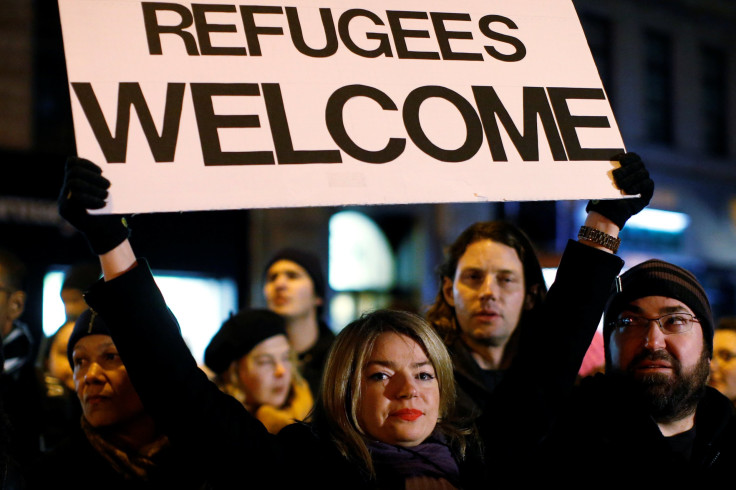Where Are Americans Moving In 2017? Spike In New Zealand Citizenship Applications

Americans applying for New Zealand citizenship spiked by 70 percent in the 84 days that followed the election of President Donald Trump, the Associated Press said on Tuesday citing official government data.
The number of Americans who successfully received work visas from the authorities also increased by about 18 percent compared to the same corresponding period last year. The number of Americans visiting the country has also reportedly increased.
AP reported that the number of Americans visiting the New Zealand government's websites to gather more information about getting a citizenship, recorded a increase of over ten times, compared to the same two weeks a month before the results of the American elections were declared. It went from 305 in October to 4,146 in November.
“(It’s about) getting a bit more security or really making a longer-term decision that New Zealand is the place they want to call home… It’s been more of a flurry of excitement initially than anything that’s translated into a huge avalanche of numbers,” Cameron Pritchard, an immigration consultant at Malcolm Pacific Immigration in Wellington told AP. He also said that his company received a spike in inquiries during the American Presidential elections.
Read: US Could Detain Canadians In Canada Under New Bill
Jokes about Americans leaving their country for neighboring regions if Donald Trump came to power, were doing the rounds during the elections last year. Officials later confirmed that Canadian immigration website crashed after the announcement of Donald Trump’s presidency because of the incredibly high amount of traffic to the website.
Recently, there has been a major surge in refugees entering Canada. The phenomena coincided with Donald Trump’s revised ban on immigration from six Muslim-majority nations — Iran, Syria, Somalia, Sudan, Yemen and Libya. The revised order removed Iraq from the ban list.
Citing latest official statistics from the Canada Border Services Agency, Canadian media said that 724 people made refugee claims in February after entering Quebec from the U.S. The surge is reportedly located from bordering regions such as the states of North Dakota, Minnesota, New York, Vermont, New Hampshire and Maine.
© Copyright IBTimes 2024. All rights reserved.












